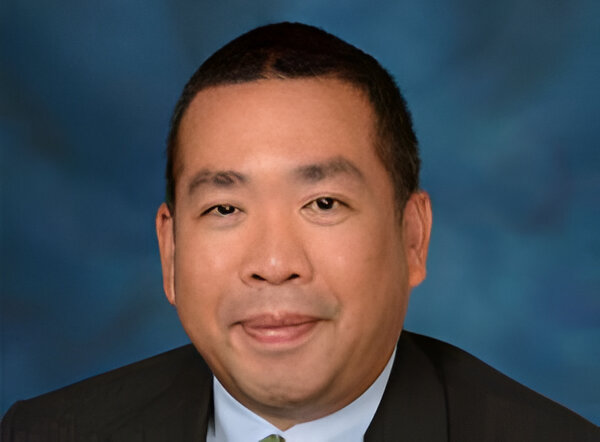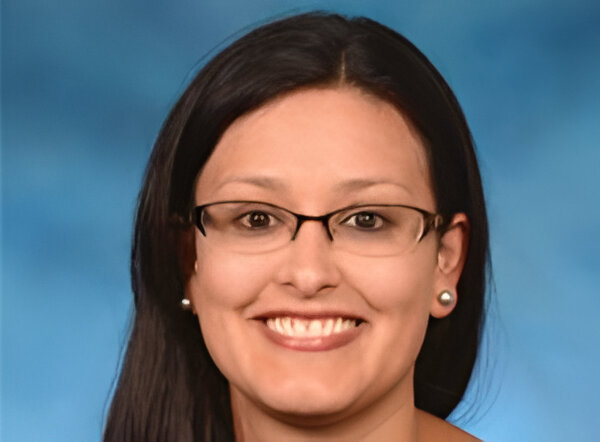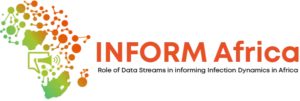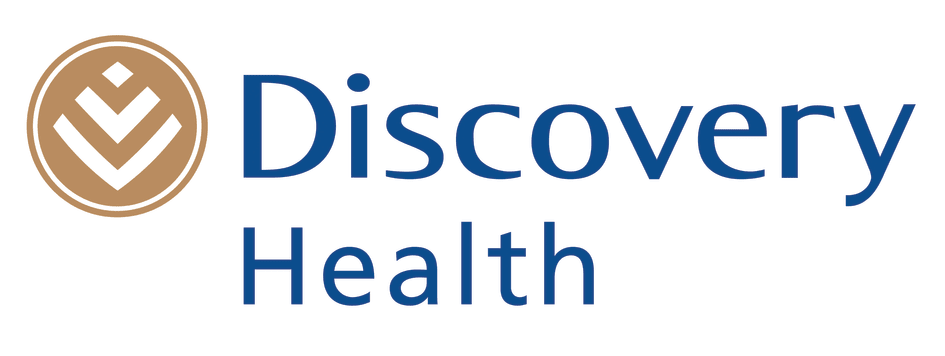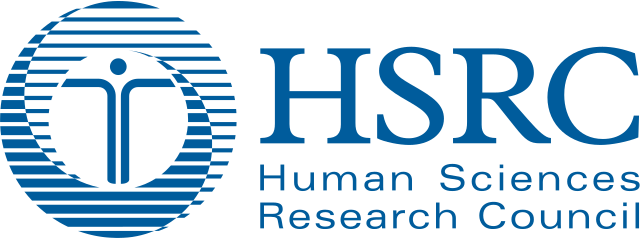Project 1
Project 1 focuses on how viral genomic variation; adoption of public health mitigation measures and mobility patterns contribute to spatially and temporally explicit pathways of SARS-CoV-2 transmission at local and regional scales.
PRINCIPAL INVESTIGATOR
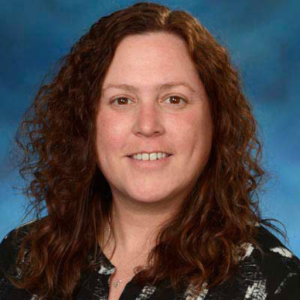
Kristen Stafford, PhD, MPH
Dr. Stafford is an infectious disease epidemiologist with 28 years of experience, 20 in Africa, in the design, implementation, and evaluation of domestic and international HIV care and treatment programs as well as infrastructure development for clinical and epidemiological research. Domestically she directly implemented Ryan White funded programs as well as served as the Deputy Program Manager and Manager of the Continuous Quality Improvement Program for the Ryan White Part A Program for the Baltimore EMA.
TEAM MEMBERS
COLLABORATORS
University of Minnesota & University of Port Harcourt
ACTIVITIES
To evaluate the effectiveness of Covid-19 public health measures in sub-Saharan Africa, we conducted an ecological study using publicly available data from Nigeria and South Africa from April 23rd, 2020 to May 1st, 2022 to describe patterns between population-level adoption of public health measures with the number of reported new Covid-19 cases across the different Covid-19 waves in these two countries.
Our preliminary results demonstrated how Nigeria’s consistent self-reported mask use never reached levels of 70% and its use declined with each wave. While in South Africa, mask use levels reached the upper nineties. The least adopted measures in both countries were avoiding grocery markets/pharmacies, avoiding spending time with individuals outside their households, and working at home. Consistent mask use and vaccination at high levels and preferably with the addition of at least one booster were shown to have an indirect relationship with new Covid-19 cases in these settings. As we prepare for the next pandemic, it is essential to identify which public health measures are implementable with high adoption and fidelity for this unique context.
Dr. Thomas Kono, a bioinformatics analyst at the University of Minnesota Supercomputing Institute, led the effort to assess SARS-CoV-2 phylogenetic changes and transmission potential over time within Nigeria. This project involved the genomic analysis of SARS-CoV-2 genomes collected from patients in Nigeria and submitted to GISAID. Working with other researchers on the INFORM project, we were able to identify which viral sequences were circulating during each wave of the pandemic throughout Nigeria. The analysis revealed a pattern of increasing viral variation over time, especially in the spike protein region, consistent with global patterns of SARS-CoV-2 evolution (Figure 1). Additionally, the Nigeria Centre for Disease Control (NCDC) and state-run hospitals were the largest contributors to the sample collection efforts during the Covid-19 pandemic in Nigeria. However, the collection efforts shifted over time from NCDC in waves 1 to 3 to regional hospitals and other healthcare facilities in waves 4 and 5, although this pattern varied by geopolitical zone (GPZ). Sequencing efforts also shifted from research laboratories during the first waves to NCDC during waves 4 and 5. Our findings suggest a network of sequencing laboratories that includes at least one in each GPZ, linked to and coordinated by the national reference laboratory at NCDC might provide more balanced coverage for future pandemics and pathogen surveillance.
As a continuation to this project, Dr. Timothy O’Connor, co-investigator of Project 1, is currently collaborating with Project 2 and our DMAC to compare the phylogeography of Beta and Delta variants in South Africa with Eta and Delta variants in Nigeria given 2020-2021 human mobility.
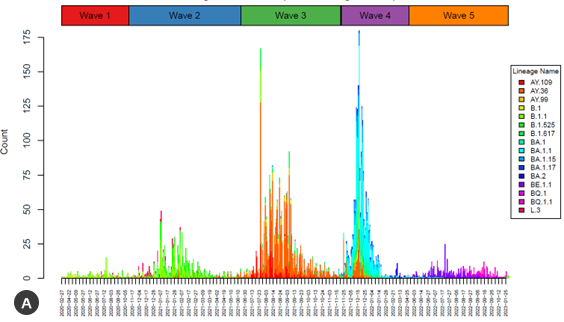
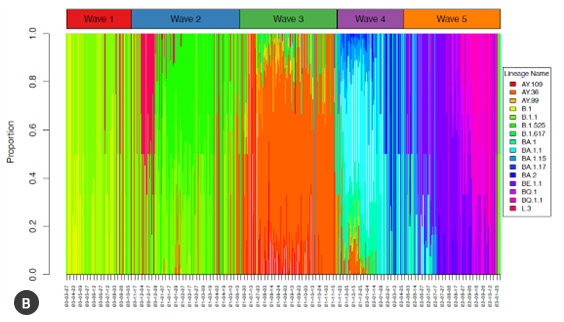
Figure 1. Nigerian SARS-CoV2 sequenced lineages distributed across time and classified by pandemic wave. A. count, B. Proportion
Project 1 has also explored the association between a place susceptibility index, also known as a place vulnerability index, and SARS-CoV-2 seroprevalence using an already existent large household SARS-CoV-2 seroprevalence survey in Nigeria. Our results confirmed a direct association between the place-susceptibility and SARS-CoV-2 seroprevalence, particularly further into the pandemic when restrictive measures were relaxed. These findings highlight the importance of place susceptibility/resilience indices as useful tools to effectively prioritize communities for resource allocation as part of emergency response and preparedness in Africa. Currently, there is limited availability of place susceptibility indices on the African continent. Where they do exist, they have predominantly been generated at the county or second administrative level, such as state or province level. Further development of these indices, at the third-administrative level, across the African continent could play a critical role in supporting governments to better inform public health response and policy. To address this gap, as part of Project 1 Pilot Project, Dr. Olanrewaju Lawal has completed the development of place susceptibility indexes for 10 different African countries harnessing existing country data, particularly the Population-based HIV Impact Assessments funded by the President’s Emergency Plan for AIDS Relief (PEPFAR) (Figure 2).
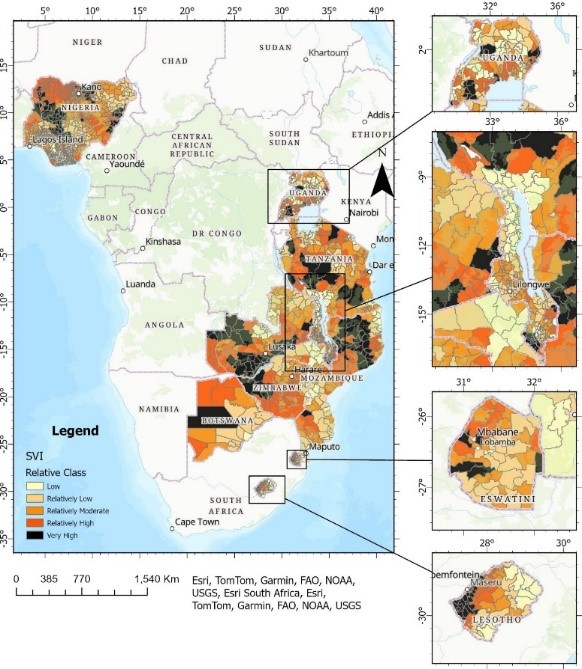
Figure 2. Susceptibility Index Classes distribution by country.
Additionally, through the pilot project award, Dr. Lawal has built the capacity of users in the development and use of Resilience/Susceptibility indexes across these 10 countries and beyond. From January 2025, Dr. Lawal conducted a DS-I Africa-wide virtual webinar on Place Resilience/Susceptibility Indexes Utilization in Public Health, with more than 100 attendees. This webinar was followed by an on-site workshop on Place Resilience/Susceptibility Index Modeling, Exploration, and Utilization conducted at the Institute of Human Virology Nigeria in February (2025); the first two days were dedicated to Place Resilience Index creation and modeling and the third and final day was dedicated to the use of the Reveal platform generally and also as it pertains to the Place Resilence Index (described in more detail below). The workshop was attended by approximately 15 participants from the National Emergency Management Agency, the National Agency for the Control of AIDS, the National Primary Health Care Development Agency, the Nigerian Centre for Disease Control, the Federal Ministry of Health, and the Institute of Human Virology Nigeria. The workshop-webinar series concluded with a 3-day webinar dedicated to enhancing the capacity of healthcare experts to make more data-driven public health decisions using PRI and Reveal. The March webinar was attended by approximately 45 participants from Zambia, Tanzania, Botswana, Côte d’Ivoire, and Nigeria. An increase in knowledge about these indexes after the training was identified using a scale from 1 to 10, with 1 being very poor and 10 being expert level, the median self-reported knowledge score increased from 3.5 to 7.0 following the training.
AKROS
Akros is a cutting-edge organization based in Lusaka, Zambia that establishes data-driven systems to improve the health and well-being of disadvantaged communities. We pride ourselves in our ground-level knowledge of the service delivery systems where we work, and our ability to provide novel, lasting solutions implemented in developing regions. Akros’s role within the INFORM Research Hub is to serve as the industry partner to support the translation of Research Hub findings into real-world operationalization through the utilization of the Reveal geospatial platform. Reveal is an open-source platform that uses spatial intelligence to drive the delivery of life-saving interventions.
TEAM MEMBERS
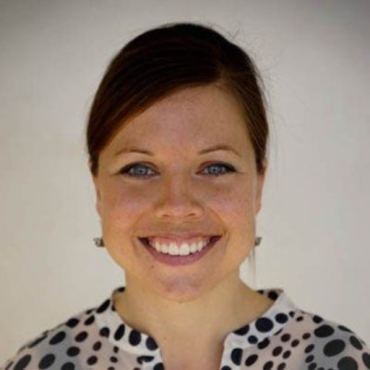
Dr. Anna Winters, Co-Investigator
Dr. Anna Winters trained as a spatial epidemiologist during her masters and PhD programs and at the US Centers for Disease Control and Prevention (CDC) Division of Vector Borne Infectious Disease (DVBID). Anna has lived and worked globally focusing her efforts on vector-borne disease, non communicable disease and health systems strengthening over the past 20 years. She co-founded Akros, which provides technical support for disease surveillance and response systems to Ministries of Health across the Global South. Anna’s interest is to apply the power of spatial intelligence to optimize health interventions bringing impact and equitable health service delivery to the very last mile.
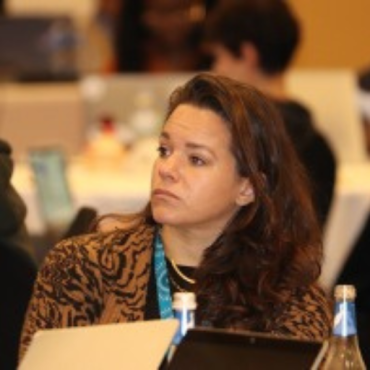
Christina Riley, Portfolio Lead
Christina Riley is a Director and Portfolio Lead at Akros. She leads the design, management, research, and technical implementation of programs that utilize geospatial data for targeted public health intervention deployment and monitoring. She has trained as an infectious disease epidemiologist and has conducted a wide range of malaria-related operational, behavioral, and implementation research across the African continent and southeast Asia for more than ten years.
AKROS ACTIVITIES
INFORM Research Hub
Akros, the industry partner under our INFORM Research Hub, has continued to develop the Reveal geospatial platform with the end goal of utilizing relevant INFORM data and other stakeholder datasets for visualization, targeting, and planning for public health interventions. Reveal is an open-source platform that uses spatial intelligence to drive the delivery of life-saving interventions. Under INFORM, Akros has developed several additions to the tool including the creation of the simulation module that supports dataset import, selection, and visualization, data aggregation and heat mapping, and the targeting and assignment of various geographies and in-field teams to those geographies based on this data for intervention response. The activation of these plans through Reveal then enables field teams to login to the Reveal mobile application to guide and track in-field delivery of health interventions at a granular level for each area of interest.
The INFORM Research Hub has continued to utilize Reveal to further visualize and geospatially analyze datasets across all projects, harnessing the potential of Reveal as a tool to engage with in-country stakeholders for easy data visualization, exploration, and operationalization of findings. As part of this work, we leveraged the Project 1 pilot project Place Resilience Index (PRI) described above to conduct a 3-part webinar-workshop series from January to March 2025 on visualization and utilization of the PRI through Reveal. Users were trained on the overall use of the Reveal platform, and more in-depth, on the upload, layering of PRI with each user’s respective datasets of interest, and aggregation of these datasets for visualization and intervention targeting.
We have successfully built the capacity of approximately 200 users across 10 African countries, from researchers within the DSI-Africa consortium to government stakeholders and healthcare experts on both PRI and the Reveal platform. Plans are underway to continue the engagement of these stakeholders around the use of PRI and Reveal on behalf of their respective agencies for intervention planning moving forward. This signifies a major step towards ultimately achieving the goal of the REVAL platform under INFORM: to harness various data streams and visualize these data together for pandemic preparedness and public health interventions generally in order to guide and track in-field delivery of health interventions at a granular level for each public health area of interest across the African continent.
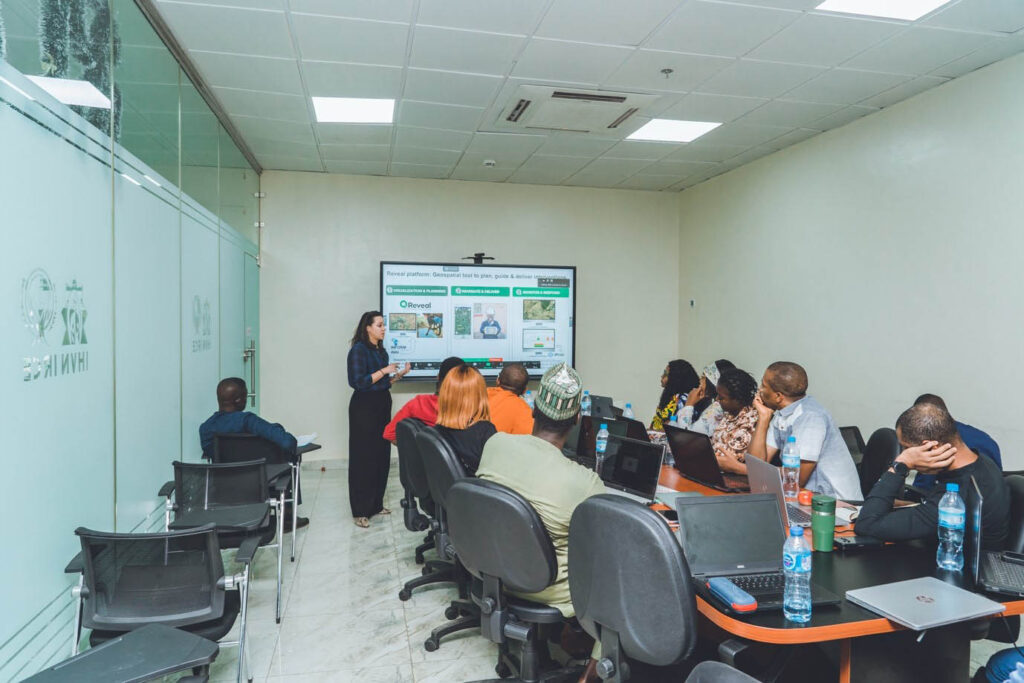
Geo-enabled detect and respond system for antimalarial resistance in Ghana (GDRS)
Under a U01 grant that expands the DS-I Africa Consortium’s reach and impact, Akros and IHVN are collaborating with the West African Centre for Cell Biology of Infectious Pathogens (WACCBIP) to strengthen Ghana’s malaria genomic surveillance network to include capture of community-level, geo-enabled dried blood spot (DBS) samples and expand this network to include additional epidemiologic and genomic data streams across geographies in Africa. This project is utilizing the Reveal platform to conduct geospatially targeted malaria genomic surveillance at the compound level by geoenabling WACCBIP’s existing malaria genomic surveillance network via Reveal and further expanding the platform to link DBS data at the household level to advanced next generation sequencing (NGS) labs. The Reveal platform has now been developed to support passive health facility case detection, parasitology, in-field index case confirmation, and reactive case detection workflows; the platform was then tested in-field successfully in November 2024 with the main WACCBIP and Navrongo Health Research Centre teams trained on its utilization. The project has received provisional ethics approval, and the full user training will be conducted later this month, followed by implementation. As this granular geospatial surveillance gets underway, the team will then use geospatial and temporal genomics surveillance data to inform timely, responsive programmatic action via visualization and monitoring of molecular markers of antimalarial resistance captured from the DBS samples and geospatially align these genomic data to other data streams including epidemiologic, programmatic, and sociodemographic data. Members of the Ghana Health Service at both the national- and local-levels have been engaged through this process with the aim of eventually embedding this tool within their surveillance system to improve the timeliness and quality of data available for decision-making and response.
